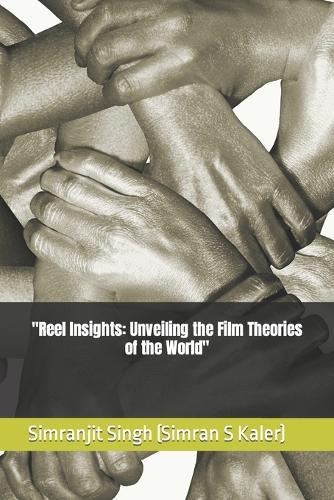Overview
1. Formalism: Focuses on the formal elements of a film such as cinematography, editing, sound, and mise-en-scène to understand its artistic and aesthetic qualities. 2. Realism: Emphasizes the representation of reality in films, aiming to capture the authentic human experience and social conditions. 3. Auteur Theory: Attributes the creative vision and authorship of a film primarily to the director, considering their personal style, recurring themes, and distinct voice. 4. Genre Theory: Examines how films fit into specific genres, identifying recurring patterns, conventions, and audience expectations associated with each genre. 5. Semiotics: Studies the signs, symbols, and visual language used in films to understand how meaning is conveyed and interpreted. 6. Structuralism: Analyzes the underlying structures and systems that shape the narrative, characters, and themes of a film. 7. Psychoanalytic Theory: Draws on Freudian psychoanalysis to explore the unconscious desires, fears, and motivations of characters and viewers. 8. Feminist Film Theory: Examines gender representation, power dynamics, and the portrayal of women in films, highlighting issues of gender inequality and stereotypes. 9. Marxist Film Theory: Analyzes films through a Marxist lens, focusing on the portrayal of social class, economic systems, and ideologies. 10. Postcolonial Film Theory: Investigates the representation of colonialism, imperialism, and postcolonial identities in films, challenging dominant narratives and perspectives. 11. Queer Theory: Explores the representation of sexuality and gender identity in films, examining how films shape and challenge societal norms and constructs. 12. Cultural Studies: Considers the social, cultural, and historical contexts in which films are produced and received, examining their impact on society and popular culture. 13. Reception Theory: Focuses on how audiences interpret and engage with films, considering factors such as culture, ideology, and individual experiences. 14. Cognitive Film Theory: Investigates how films engage viewers' cognitive processes, including perception, memory, attention, and emotional responses. 15. Ecocriticism: Examines the representation of nature, environment, and ecological issues in films, exploring their socio-political and cultural implications. 16. Social, emotional, psychological theory (SEP): Examining the level of the psychology of the viewers by constructing social structure and building emotional spiral through the visual narrative.
Full Product Details
Author: Simranjit Singh (Simran S Kaler)
Publisher: Independently Published
Imprint: Independently Published
Dimensions:
Width: 15.20cm
, Height: 0.50cm
, Length: 22.90cm
Weight: 0.145kg
ISBN: 9798851133374
Pages: 102
Publication Date: 05 July 2023
Audience:
General/trade
,
General
Format: Paperback
Publisher's Status: Active
Availability: In Print

This item will be ordered in for you from one of our suppliers. Upon receipt, we will promptly dispatch it out to you. For in store availability, please contact us.



